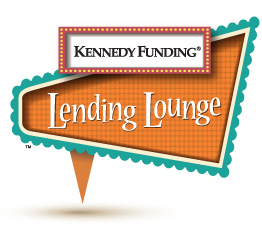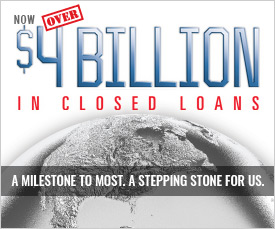
According to the American Monetary Institute, borrowing money is though to be as old as the idea of money itself. The practice dates back at least to 300 B.C. But many ideas about commercial real estate lending, specifically the area of hard money and bridge loans need a little updating.
First, many real estate investors are under the false impression that once a bank turns them down, the game’s over. But traditional banks aren’t the only lenders out there. Hard money providers like Kennedy Funding have more flexibility due to a different business model. Kennedy CEO and President Kevin Wolfer says “bridge loans offer the opportunity to get projects moving again with access to capital that would otherwise be unavailable.”
But the second false impression many hold, Wolfer goes on to say, is that “these loans take forever to close.” In fact, bridge loans can be completed in as little at 10 days, but only if he cautions, all the T’s are crossed and I’s are dotted. “It’s crucial that borrowers have up-to-date documentation and use a lawyer with experience in such transactions. “We’ve seen potential deals blow up at the last minute due to undisclosed liens and disputed ownership structures.”
The last misrepresentation of the industry is that the costs associated with hard money borrowing are too high. In today’s low interest rate environment the value of the bridge loan could far exceed the costs, which typically have short duration. And compared to the potential financial hit that comes with stalled project, or taking on other outside investor, a hard money bridge loan can make perfect sense,” Wolfer concludes. With billions of dollars in bridge loans closed in recent years and many satisfied and repeat customers, Wolfer is confident the hard money business has a bright future.







